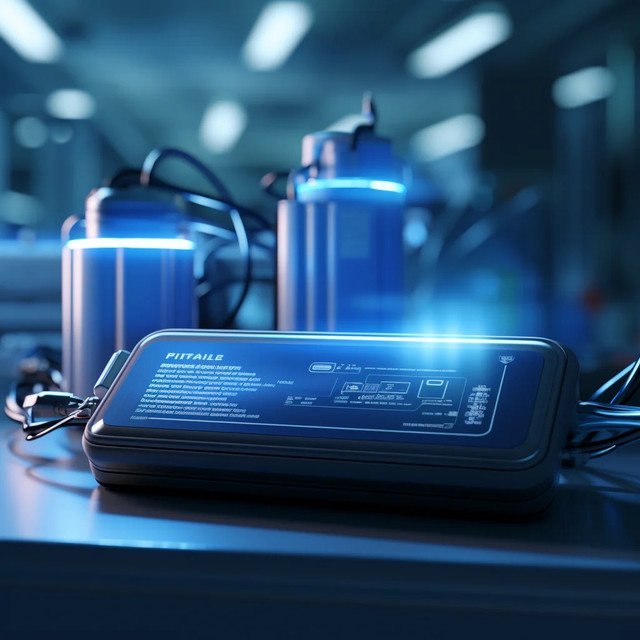Medical Battery Solutions: Powering Life-Saving Devices

Medical batteries play a crucial role in healthcare today. They power many devices that save lives. From heart monitors to surgical tools, these batteries are essential. In this article, we will explore medical batteries in detail.
What are Medical Batteries?
Medical batteries are specialized batteries used in medical devices. They provide the necessary power for these devices to function. These batteries are designed to be safe and reliable. Their performance is critical in healthcare settings.
Importance of Medical Batteries
Medical batteries have several important roles. Here are some key points:
• Power Supply: They provide energy to medical devices.
• Reliability: They ensure devices work when needed.
• Safety: They are designed to prevent hazards.
• Portability: Many medical devices are portable, needing batteries.
Types of Medical Batteries
There are various types of medical batteries. Each type has unique features. Here are some common ones:
1. Lithium-ion Batteries
Lithium-ion batteries are widely used in medical devices. They are lightweight and have a high energy density. These batteries can last a long time. They are rechargeable, making them cost-effective.
2. Nickel-cadmium Batteries
Nickel-cadmium (NiCd) batteries are also common. They are durable and can handle many charge cycles. However, they have a lower energy density compared to lithium-ion batteries.
3. Nickel-metal Hydride Batteries
Nickel-metal hydride (NiMH) batteries are another option. They are more environmentally friendly than NiCd batteries. They also have a higher capacity than NiCd batteries.
4. Lead-acid Batteries
Lead-acid batteries are typically used in larger medical equipment. They are reliable and can provide a large amount of power. However, they are heavier and not as portable.
Applications of Medical Batteries
Medical batteries are used in various devices. Here are some common applications:
1. Patient Monitoring Devices
These devices monitor patients' vital signs. They include heart rate monitors and blood pressure cuffs. Medical batteries ensure these devices work continuously.
2. Surgical Instruments
Many surgical tools rely on batteries. They power devices like surgical lights and electrosurgical units. Reliable batteries are crucial during surgeries.
3. Portable Diagnostic Equipment
Doctors use portable devices to diagnose patients. These include handheld ultrasound machines and blood glucose monitors. Medical batteries provide the necessary power for these tools.
4. Implantable Devices
Some devices are implanted in the body. Examples are pacemakers and cochlear implants. Medical batteries in these devices must last many years.
Choosing the Right Medical Battery
Selecting the right battery is essential. Here are some factors to consider:
• Device Requirements: Understand the power needs of the device.
• Battery Life: Consider how long the battery lasts.
• Safety Standards: Ensure the battery meets safety regulations.
• Cost: Balance cost with performance and reliability.
Battery Maintenance and Safety
Proper maintenance is crucial for medical batteries. Here are some tips:
• Regular Checks: Inspect batteries regularly for signs of wear.
• Temperature Control: Store batteries at recommended temperatures.
• Proper Charging: Follow manufacturer guidelines for charging.
• Disposal: Dispose of batteries according to local regulations.
Future of Medical Batteries
The future of medical batteries looks promising. Innovations are ongoing in this field. Here are some trends to watch:
• Longer Lifespan: New technologies aim to extend battery life.
• Higher Efficiency: Future batteries will be more efficient.
• Eco-Friendly Options: More sustainable batteries are being developed.
• Wireless Charging: Advances in wireless technology may change battery usage.
Conclusion
Medical batteries are vital in today's healthcare. They power essential devices that help save lives. Understanding their importance, types, and applications is crucial. As technology advances, we can expect even more exciting developments in medical batteries.
In summary, always choose the right battery for your device. Ensure proper maintenance for safety and performance. With the right knowledge, you can make informed decisions about medical batteries.